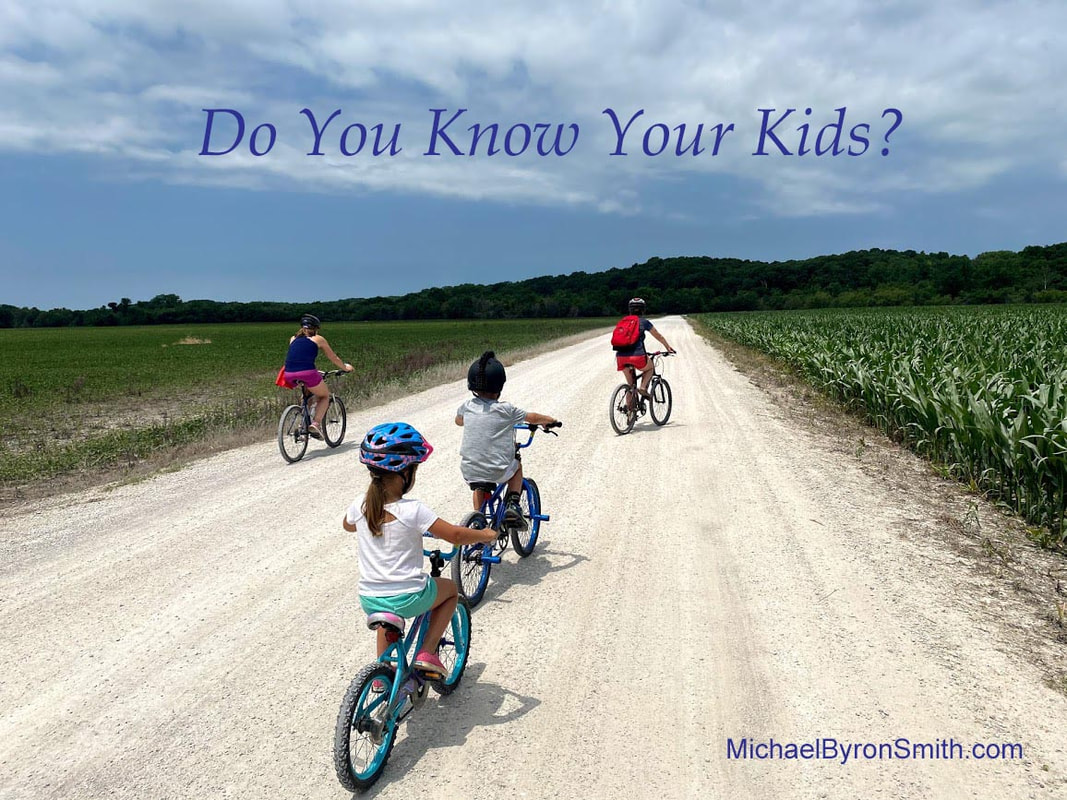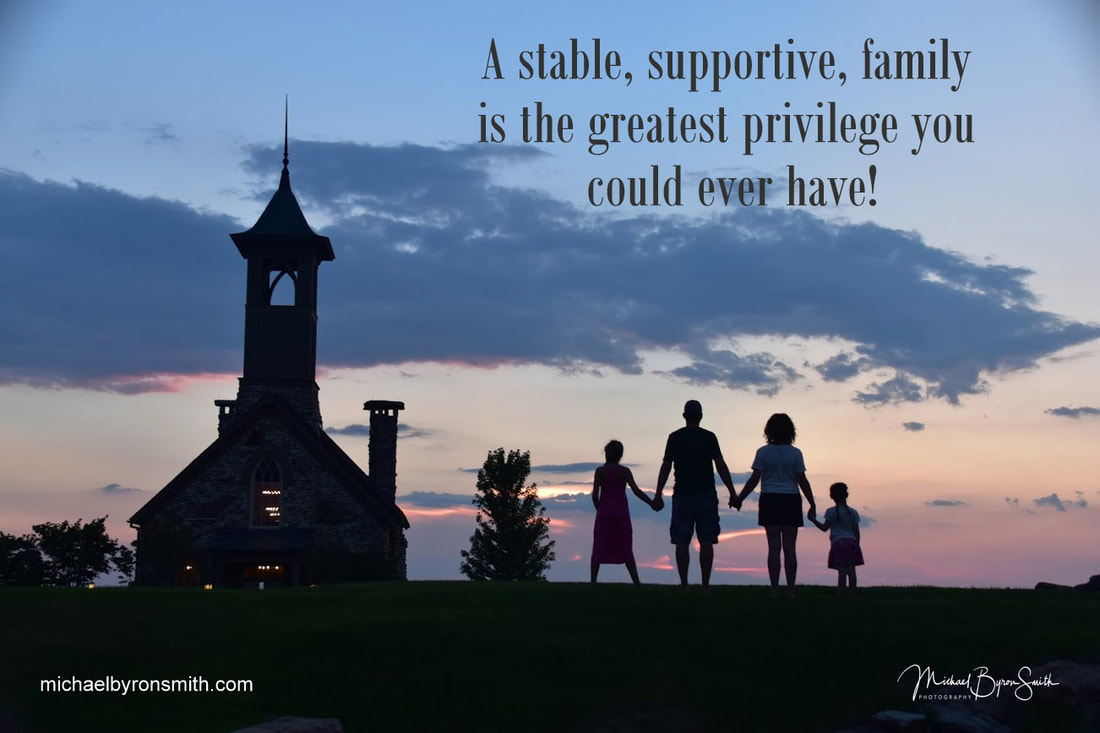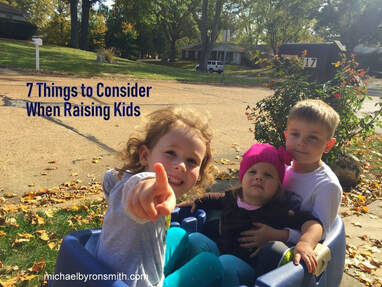
Of course, you know your children. You likely know most of what they think, feel, or believe when they are preteens, but that knowledge declines as they age. Can I prove that? Do I need to prove it?
As your children grow, they become their own person. That’s what we all want. However, if you care for them, you should keep in touch with what they are learning outside the home. As your influence as a parent decreases, influence from others increases. On its own, that is neither good nor bad. Everything they learn will not come from you. That’s natural. On the other hand, some things they learn could be harmful to them or your relationship with them.
Let’s look at three tough situations:
Example One:
A boy is raised in a racist home. He hears things that tend to make him believe his parents’ prejudiced views. This boy escapes home and learns from others the evils of racism and changes his thoughts on the topic. He is now uncomfortable in the presence of his parents. They notice a change in him but don’t know why. Can they have a civil discussion?
Example Two:
A girl is raised to believe America, with all its faults, is a wonderful place to be a citizen. Since evil exists in the world, nowhere is perfect, but your best chances in life are within the borders of the US. This girl goes to college and hears from professors that America is an unfair country backed up with countless facts and incidents that prove it. She wonders why her parents ‘lied’ to her. Why are they so far behind the ‘truth’? Do her parents know what is going on with her?
Example Three:
An eighteen-year-old daughter of a pro-life couple becomes pregnant. She doesn’t want them to know of her unplanned pregnancy. Her friends tell an abortion is a way out. Do the parents have any idea of her possible actions or the influence of her friends? Would the parents help her to make her own decision? Do they trust each other?
The answers to those three examples depend on those involved and their relationships to all concerned. But being open, trusting, and communicative at all times may prevent any of these situations from getting out of hand.
When I ask, "do you know your children?", that’s not asking, “do you control them?” We should not control our children, but we should guide them and be engaged with them as they grow into adults. They will be inundated with information from friends, schools, social media, and the entertainment industry, etc. and, therefore, less and less by you. Understand what they are hearing and believing, not to change them or yourselves necessarily, but to give everyone a chance to be understood.
There are almost always partial truths to every argument, and they can clash. Explore every facet of those arguments. Communication is the key, and it works best when the conversation begins early - before the distance between your separate beliefs become non-negotiable. It could very well be that through communication, you can bring each other closer to an area of compromise where all can better understand each position. Rarely is there 100% right or wrong on either side.
It’s tough to be accused by your children of having taught them improperly or to have a position on a topic they consider wrong. It’s tough for children to accused of having been influenced or brainwashed by people with an opposing agenda. Neither accusation will happen to the degree of a strained relationship if both parties don’t drift too far apart.
Talk, listen, and ask questions. If you do not, your future relationships will be compromised.
#powerofdadhood
















